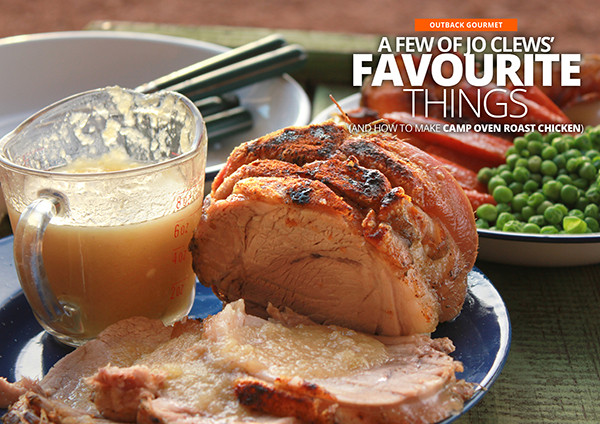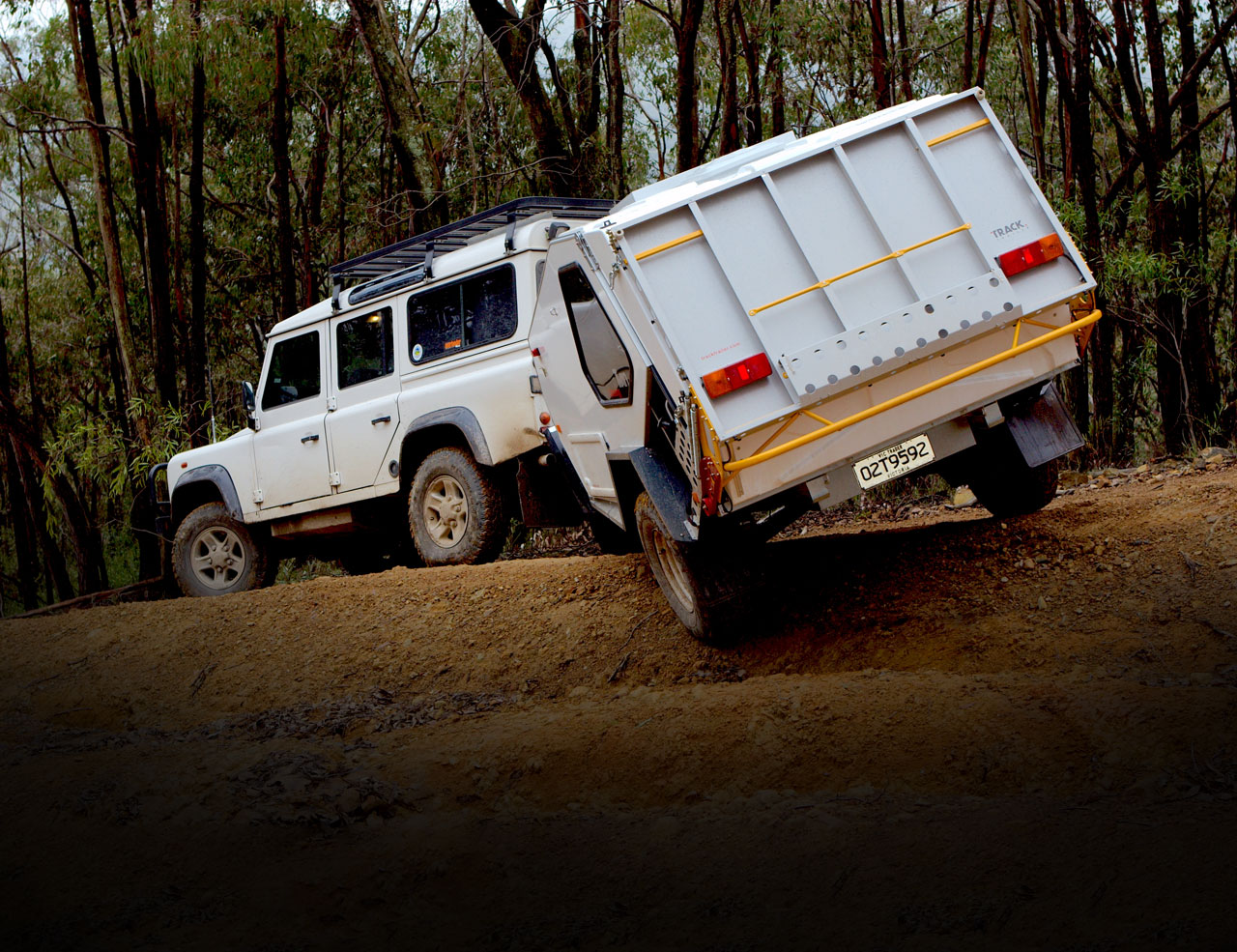For the full story in Unsealed 4X4, CLICK HERE
I love finding new and interesting products and foods to use when I’m going away camping, and I especially enjoy finding shortcuts that are going to make my life easier so I can enjoy myself as much as anyone else when spending days on the road.
Over the years I have noticed butchers have become a very creative bunch. As well as the usual steak, chops and mince, which are all still tasty and versatile, we are now seeing a wonderful range of boned, stuffed, rolled, marinated, spice rubbed and skewered meat products in butcher’s fridges.
It is a veritable smorgasbord of choice that sees us being able to have an interesting and different meal every night of the week.
My favourites are the boned roasts – the chicken ones are particularly good and on average feed about four people per roast, so they make it very handy for planning meals for the mob as well.
Boned lamb roasts cook up a treat in the camp oven along with pork and beef. It’s now even possible to get turkey and duck all year ’round if you want to try something really different.
Not forgetting to mention whole shops dedicated to chicken products – who would have thought that from the Sunday roast less than my lifetime ago, chicken would be one of the most favoured sources of protein on many people’s dinner plates.
When cooking a roast in the camp oven I always use what have become known as sacrificial potatoes instead of a trivet.
Cut two or three potatoes in half, place them cut side down in the camp oven, lay the roast on top of the potatoes, then season and oil as desired.
The rule of thumb when it comes to cooking a roast is approximately one hour per one kilogram of meat and a few extra minutes. Boneless roasts may take a little less time as the heat doesn’t need to penetrate and cook the bone.
Place a little heat underneath the camp oven – either fire coals, heat beads or bagged charcoal – then most of the heat will be from a ring of coals around the outermost edge of the camp oven lid.
Make sure you check your coals regularly in case they need to be replaced with fresh coals to maintain a consistent heat.
I can almost guarantee the potatoes will not be sacrificed as they absorb all the beautiful meat juices and are often fought over as the best bit of the roast in my camp kitchen.
Water is always a precious resource and even more so when you are relying on your own meagre storage capacity, so finding foods that need little or no water to be reconstituted helps make the valuable commodity go further.
I have found that Cous Cous makes a good substitute for rice, pasta or potato in a lot of dishes and is as useful cold for salads as it is hot for a side dish for dinner.
Shelf ready (no need for refrigeration) Udon, Hokkien or Singapore noodles are awesome with any Asian style recipe that calls for rice and can be used straight from the packet and need no water at all.
I love my herbs and spices and for as long as I can remember have had a particular fascination for native Australian bush spices. They are much easier to source these days as a lot of other people have discovered the delicious flavours they impart to everyday cooking.
Bush tomatoes are my favourite and make a delicious sprinkle to put on a roast, rub on a steak or add to casseroles.
Bush tomatoes or Kutjura (Akatjurra-Alyawarra language) have a sweet, caramel, intense tomato flavour and are delicious eaten whole (don’t eat too many as they can have a laxative effect), or ground to a powder.
Kutjura are part of the Solanum family which include the domestic tomato and potato family. The most commonly grown one is Solanum Centrale – it is under propagation in Central Desert Communities in the Northern Territory and South Australia.
Only purchase your Kutjura from a commercially grown source, as there are many bush tomato varieties in Australia, but only about six of them are edible. Being able to recognise the ones that can be eaten needs a fair bit of knowledge that is not always possessed by the average Jo.
I am sure we all have our favourite things, but it’s always interesting to learn of other people’s, as some day they may become our favourites as well.










